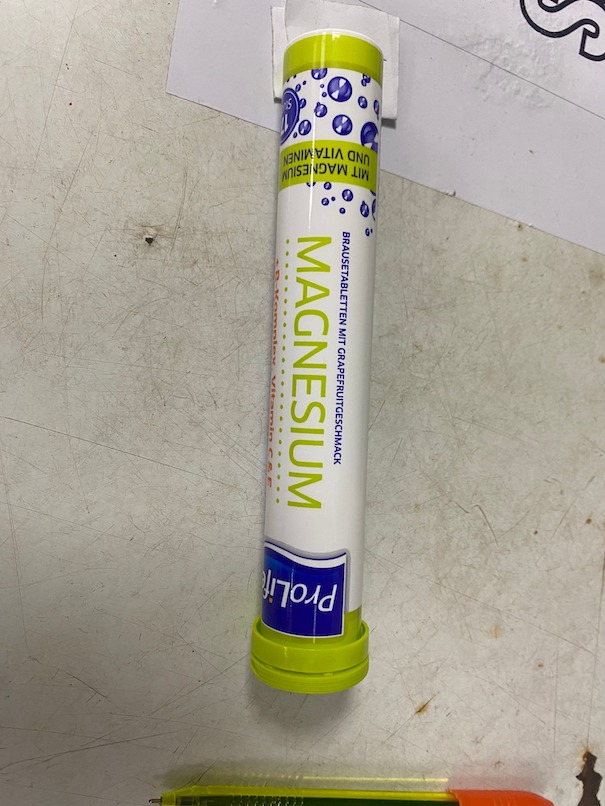- Your cart is empty
- Continue Shopping

Product
Magnesium, B-Complex, Vitamin C, and Vitamin E are essential nutrients that play various roles in maintaining overall health and supporting various bodily functions. Let’s explore each of these nutrients briefly:
- Magnesium: Magnesium is a mineral that is involved in numerous biochemical processes in the body. It is essential for muscle and nerve function, bone health, and the regulation of blood sugar and blood pressure. Magnesium-rich foods include leafy greens, nuts, seeds, and whole grains.
- B-Complex Vitamins: B-Complex vitamins include a group of eight different vitamins, including B1 (thiamine), B2 (riboflavin), B3 (niacin), B5 (pantothenic acid), B6 (pyridoxine), B7 (biotin), B9 (folate or folic acid), and B12 (cobalamin). These vitamins are involved in various processes, including energy metabolism, nerve function, and the formation of red blood cells. They are found in a variety of foods, including whole grains, meat, dairy, and leafy greens.
- Vitamin C (Ascorbic Acid): Vitamin C is a water-soluble vitamin with strong antioxidant properties. It plays a crucial role in the immune system, collagen production, wound healing, and the absorption of non-heme iron from plant-based foods. It is commonly found in citrus fruits, strawberries, and vegetables like bell peppers and broccoli.
- Vitamin E (Tocopherol): Vitamin E is a fat-soluble antioxidant that is important for protecting cells from oxidative damage. It is involved in maintaining skin health, vision, and the immune system. Foods rich in vitamin E include nuts, seeds, vegetable oils, and green leafy vegetables.
Combination Supplements: Many dietary supplements combine these nutrients, often marketed for overall health, energy, or immune system support. The combination of these nutrients is based on the idea that they work synergistically to support various bodily functions and maintain health.
Caution:
- It’s important to consult with a healthcare professional or a registered dietitian before taking any dietary supplement, especially if you have specific health concerns, are pregnant, nursing, or are on medication.
- Supplements should not be used as a replacement for a well-balanced diet. A varied and nutrient-rich diet is the best way to obtain essential vitamins and minerals.
- Dosages and specific formulations of these nutrients can vary, so it’s important to follow the instructions provided on the supplement label and not exceed the recommended daily intake, as excessive intake of certain nutrients can have adverse effects.
- If you are considering a combination supplement containing these nutrients, make sure it is from a reputable source and complies with relevant quality and safety standards.







